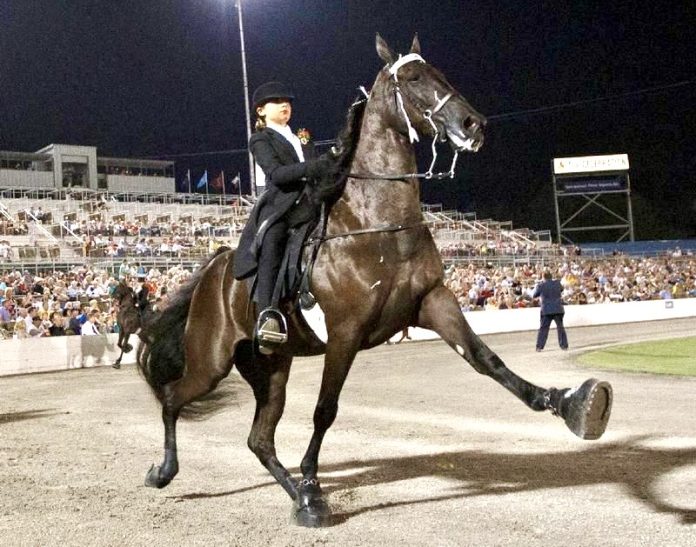
You can help all animals and our planet by choosing compassion on your plate and in your glass. #GoVeg
RELATED ARTICLES
Banning Cruelty: New Legislation Aims To Ban Octopus Farming In The U.S.
New bipartisan legislation has just been introduced in the U.S. to ban commercial octopus farming and prohibit imports of farmed octopus from foreign countries.
The...
Outrage In Yellowstone! Grizzly Bear Killed By Wildlife Officials & Left With Head & Paws Cut Off
Photo by: Trisha McFarland / Cowboy State Daily
A photo of a dead grizzly bear with its head and paws cut off has caused an...
Inside Florida’s Illegal Horse Meat Trade: Undercover Footage Shows Racehorse Being Shot & Butchered
A heart-wrenching discovery of illegal horse slaughter has emerged, with video footage exposing the tragic killing of a racehorse named 'Funny Biz,' who was...
Popular stories
Industry News
New Jersey Residents: Help Ban Barbaric Gestation Crates That Confine Pregnant Pigs In Areas So Small That They Can’t Turn Around
A new bill has been introduced in New Jersey to crack down on the immense cruelty and abysmal conditions occurring on factory farms. If...
News
The Biden Administration Rescinds Trump Rule Limiting Habitat Protections For Endangered Species
The Biden administration finalized a rule rescinding a Trump-era regulation that severely limited the government’s ability to protect habitat that imperiled animals need to...
Breaking News
Cockfighting Ban In Costa Rica Upheld After Being Challenged By Cockfighting Breeders Association
The Inter-American Commission on Human Rights has dismissed a complaint regarding Costa Rica's ban on cockfighting, a decision hailed as a significant win for...


